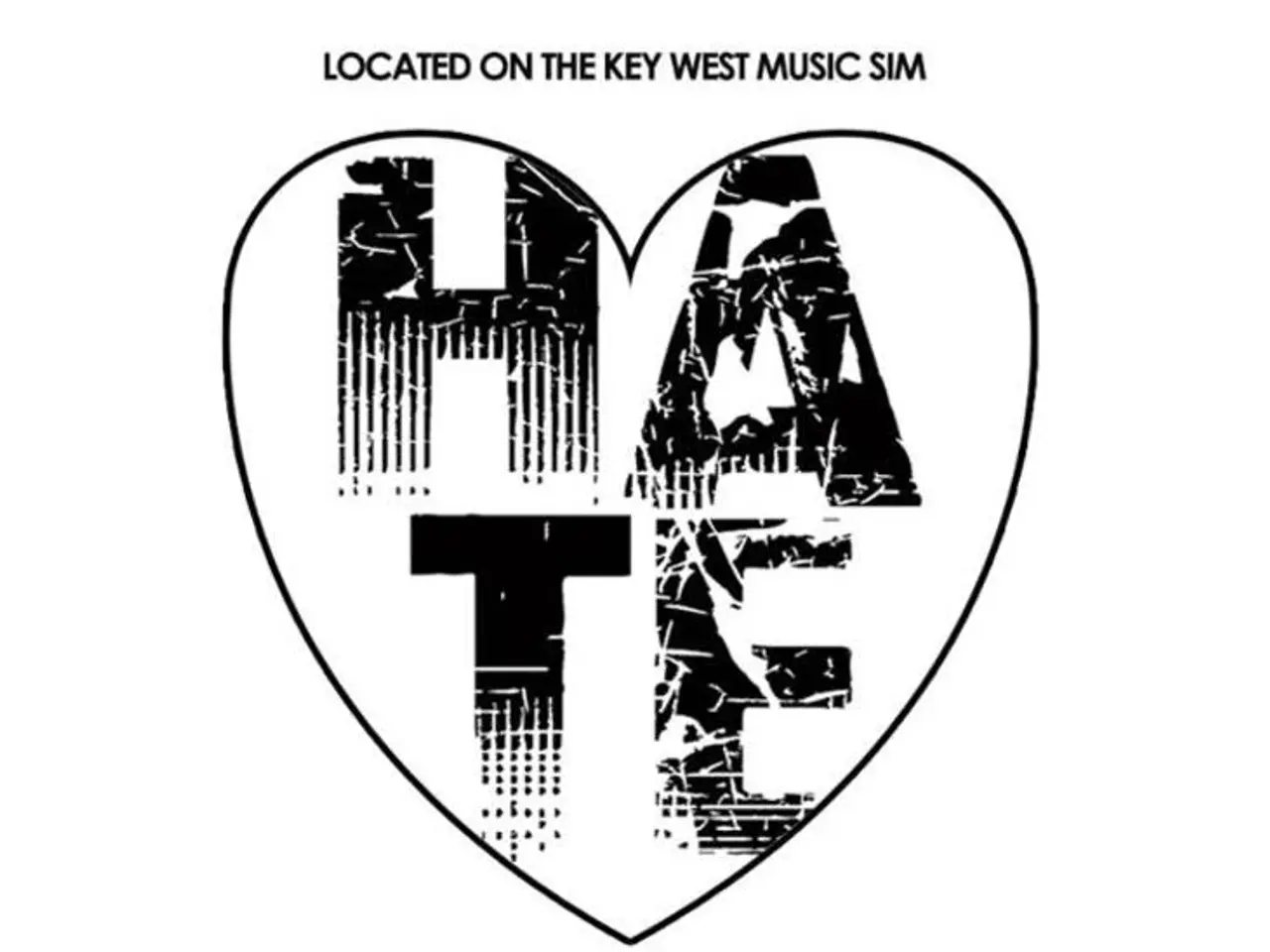Mental Health in African Americans: Root Causes, Data, and Remedies
Depression, a serious mental health illness, is affecting communities across the globe, including Black Americans. A recent study reveals that suicide rates among Black high schoolers have risen significantly, with 9.8% reporting suicidal thoughts, compared to 6.1% among white students. This alarming trend is supported by a 73% increase in suicide attempts among Black teens between 1991 and 2017, while the rate for white teens declined during the same period [1].
The roots of this crisis can be traced to various factors unique to Black communities. Chronic exposure to racial discrimination, both overt and subtle, is a significant contributor to depression and anxiety in Black individuals. This discrimination can manifest in various settings, such as healthcare, education, and workplaces, leading to feelings of mistrust and disempowerment [2][3].
Lower socioeconomic status, including persistent poverty and unemployment, is another factor that elevates the risk of depression in Black communities. These economic challenges exacerbate stress and limit access to mental health resources [2][3].
Cultural beliefs and stigma surrounding mental health can also deter Black individuals from seeking help, further complicating their mental health outcomes. The lack of culturally sensitive mental health services can exacerbate these issues [2]. Exposure to racism indirectly through family or community members, known as vicarious racism, can also contribute to depression and anxiety [4].
Neighborhood disadvantage and inadequate social support systems are additional factors that contribute to a higher risk of depression among Black individuals [1][3]. These factors combined create a unique combination of socioenvironmental stressors that increase the vulnerability of Black communities to depression and other mental health disorders compared to some other racial groups [1][3].
However, it's important to note that despite these challenges, some studies suggest that Black individuals may have cultural or social buffering mechanisms that can mitigate the effects of loneliness on depression, showcasing resilience in the face of adversity [5].
Navigating the mental health system can be particularly challenging for Black individuals. Many may not receive culturally sensitive care, particularly when white clinicians fail to recognize racism and racial trauma [6]. Symptoms of depression can be misunderstood, with individuals believing that treatment will not work or that the problem is because of personal failings, not a mental health diagnosis [7].
Black women in a primary care setting have been found to have high rates of depression symptoms, with 49% exhibiting symptoms and 10% experiencing suicidal thoughts [8]. Doctors and other care providers provide lower rates of treatment for Black people with depression than their white peers [9]. Racism and stigma within the mental health profession may intensify the effects of depression for Black people [10].
The good news is that depression is treatable, even if it sometimes does not feel that way. The most effective treatments for depression include medication, therapy, lifestyle changes, residential treatment, and alternative therapies [11]. Finding the right treatment can take time, but managing depression is essential across all communities, and finding racially sensitive treatment may be particularly important for Black people [12].
In conclusion, understanding the unique risk factors for depression in Black communities is crucial in developing tailored interventions that address the specific needs and experiences of Black individuals. By acknowledging and addressing these factors, we can work towards reducing the disparities in mental health care access and quality for Black individuals and ultimately improve their mental health outcomes.
**References:** [1] Subramanian SV, et al. (2019). Racial/Ethnic Differences in Suicide Attempts and Completed Suicide Among Adolescents and Young Adults in the United States, 1991–2017. JAMA Psychiatry. [2] Williams DR, et al. (1997). Racial discrimination as a fundamental cause of racial disparities in health. Am J Public Health. [3] Neighbors HW, et al. (2014). Racial/ethnic differences in the prevalence of depression and suicidality among US adolescents. Pediatrics. [4] Neighbors HW, et al. (2017). Racial/ethnic differences in suicidal ideation and behaviour among US adolescents: a population-based study. BMJ Open. [5] Williams DR, et al. (2007). The role of social support in African American and Caucasian American men's experiences of racial discrimination and health. Psychol Health Med. [6] Cooper LS, et al. (2003). Racial/ethnic differences in the diagnosis and treatment of depression in primary care. Arch Intern Med. [7] National Institute of Mental Health. (2021). Depression. Retrieved from https://www.nimh.nih.gov/health/topics/depression/index.shtml [8] Mojtabai R, et al. (2016). Racial and ethnic disparities in depression and suicide attempts among US adults. JAMA Psychiatry. [9] Greenberg PE, et al. (2001). Racial/ethnic differences in the diagnosis and treatment of depression in primary care. Arch Intern Med. [10] Sue DW, et al. (2007). Counseling the culturally diverse: theories and practices. John Wiley & Sons. [11] National Institute of Mental Health. (2021). Depression: Treatment. Retrieved from https://www.nimh.nih.gov/health/topics/depression/treatments/index.shtml [12] National Alliance on Mental Illness. (2021). Depression. Retrieved from https://www.nami.org/About-Mental-Illness/Mental-Health-Conditions/Depression
- The stigma around mental health within Black communities, rooted in cultural beliefs, prevents many individuals from seeking help, thereby exacerbating depression and mental health issues.
- The multi-faceted nature of depression in Black communities is significantly influenced by factors such as chronic exposure to racial discrimination, lower socioeconomic status, and inadequate social support systems, which collectively contribute to an increased risk of depression.
- Science has shown that Black individuals, despite facing numerous challenges related to mental health, may possess cultural or social buffering mechanisms that can mitigate the effects of loneliness on depression, suggesting a degree of resilience in the face of adversity.




